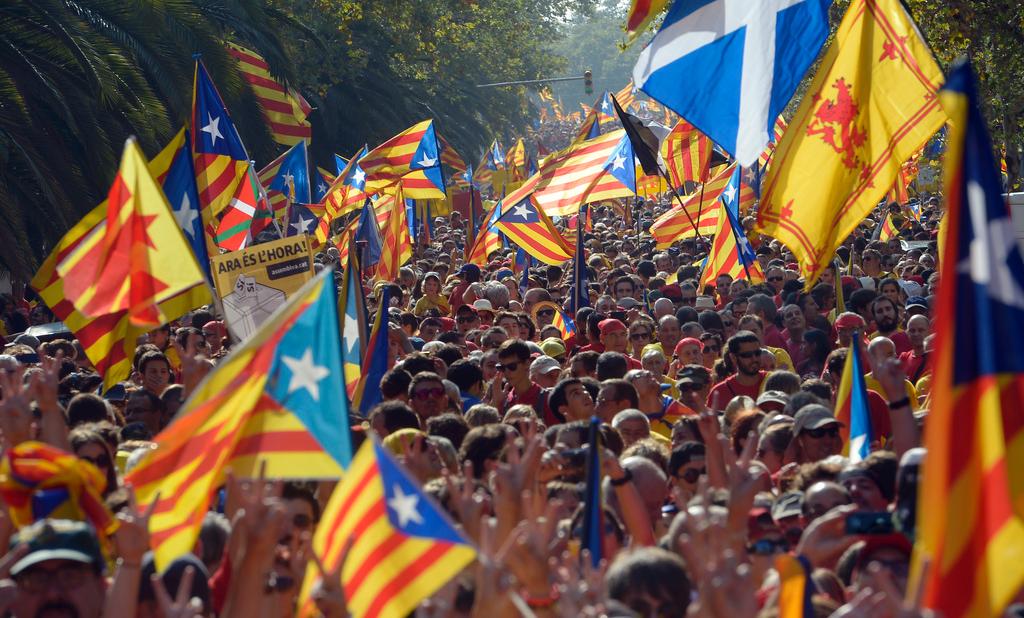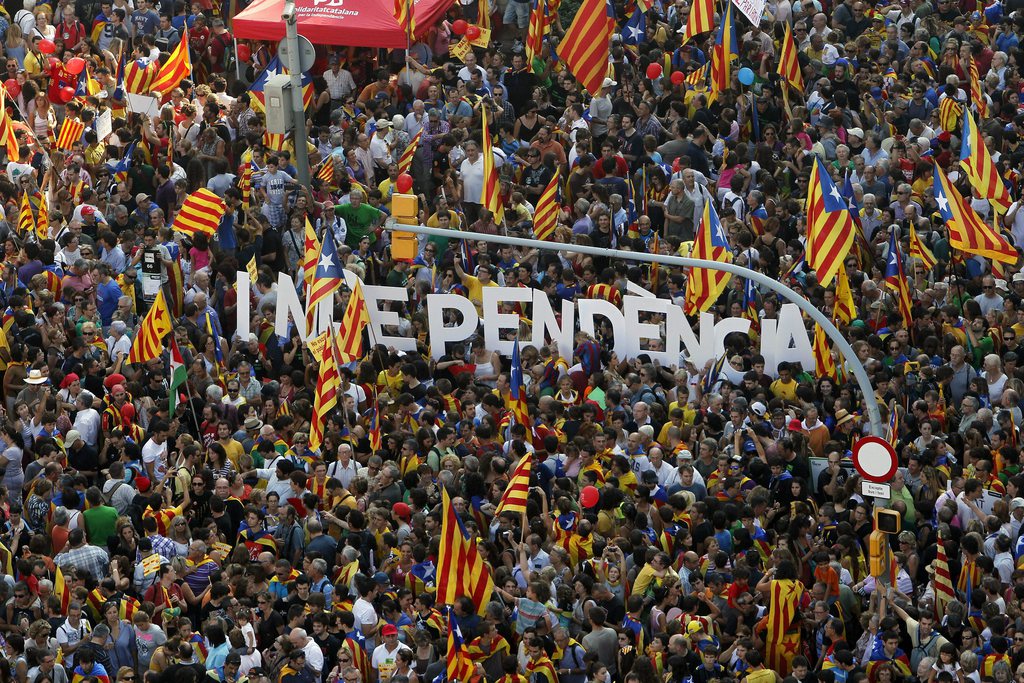Catalan leader eyes boost from Scottish vote

A Yes vote in the Scottish referendum would boost Catalonia’s own independence campaign by paving the way towards international recognition and continued membership of the EU, the Catalan leader told the Financial Times.
In an interview in Barcelona, Artur Mas, president of the Spanish region that is seeking to hold its own independence referendum in November, said: “The first [factor] will be the reaction of European leaders. I am sure they will accept the result of the Scottish referendum. The second is that negotiations will start very quickly between Edinburgh, London and Brussels to keep Scotland within the EU. Both things are very important for Catalonia.”
His comments underline the potential fallout of Scotland’s independence campaign for the rest of Europe, and in particular for Spain and Catalonia.

More
Financial Times
External link“There is no reaction in Madrid apart from saying ‘no’ to everything,” Mr Mas said. He contrasted the UK approach with that of the Spanish government, and accused Madrid of “putting democracy at risk”.
The Catalan leader conceded that “any independence process has its cost”. But he stressed the region’s willingness to negotiate a smooth economic transition: “We understand we have to share a significant part of the Spanish debt. We also have to share a significant part of the Spanish assets . . . and pension burden.”
He acknowledged that markets had reacted negatively to the recent shift in the Scottish polls, but insisted that investors would quickly adjust to a Yes vote and the creation of an independent state.

The Spanish government has repeatedly warned that Catalonia would be the main loser of a break-up, claiming the region would find itself outside the EU and the single currency, as well other key international institutions.
But analysts say there is little doubt that a secession would also hurt Spain, depriving the country of a crucial economic engine: Catalonia accounts for almost a fifth of the Spanish economy.
Mr Mas said he was “very determined” to push ahead with the November referendum, pointing out that Catalans were overwhelmingly in favour: “This is the popular sentiment, and political leaders have to try to channel it in the best possible way.”
He acknowledged, however, that the Catalan move could run into opposition from Spain’s constitutional court, which is expected to rule on the legality of the planned vote in the coming weeks. Mr Mas is under fierce pressure from some of his allies and, more importantly, from a powerful civil society movement to hold the plebiscite regardless of the court’s decision.
The tensions leave Mr Mas facing a tricky decision in the run-up to the planned November vote as he balances domestic pressures against the reluctance to alienate international governments.
Copyright The Financial Times Limited 2014

In compliance with the JTI standards
More: SWI swissinfo.ch certified by the Journalism Trust Initiative


You can find an overview of ongoing debates with our journalists here. Please join us!
If you want to start a conversation about a topic raised in this article or want to report factual errors, email us at english@swissinfo.ch.